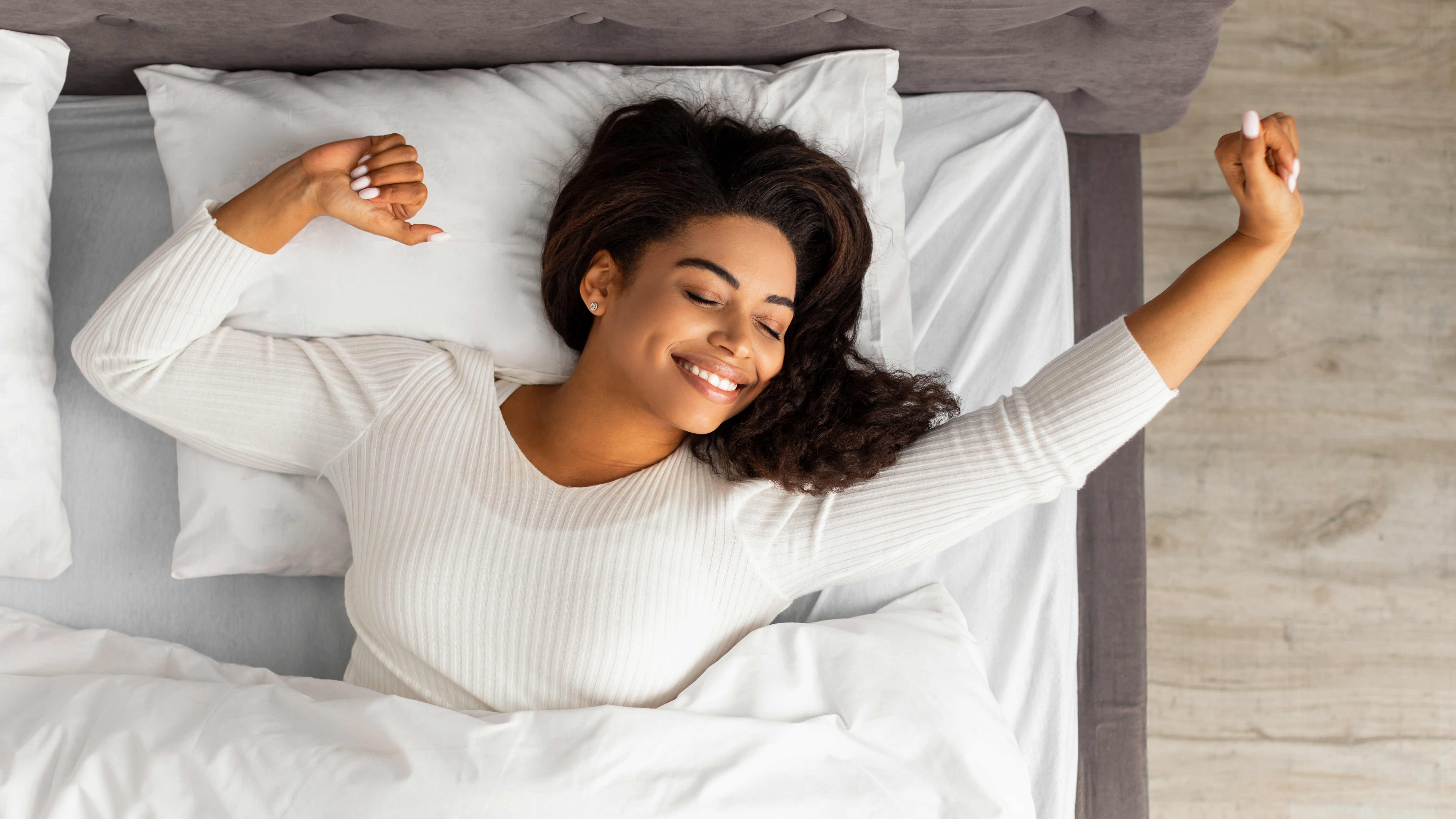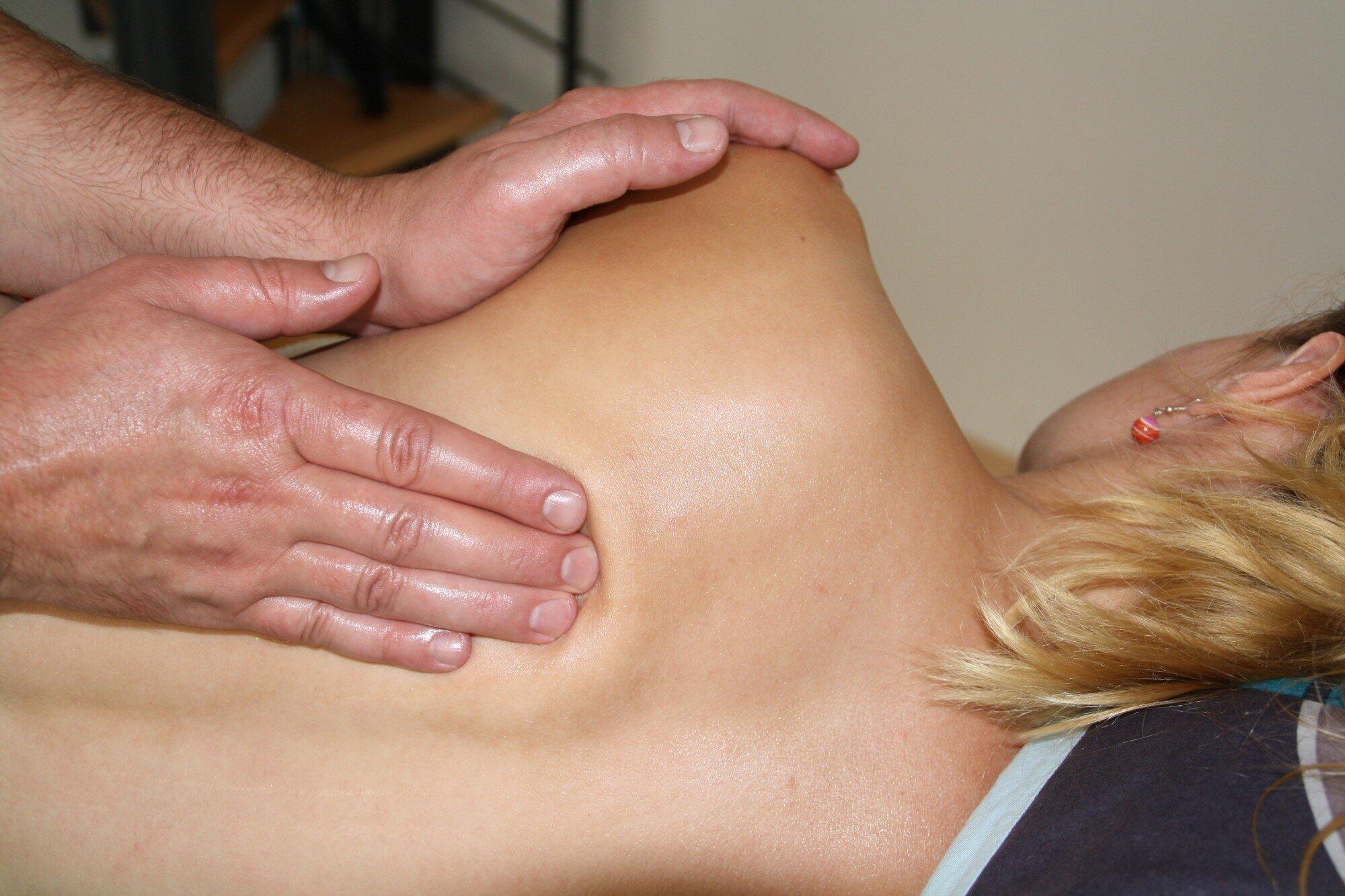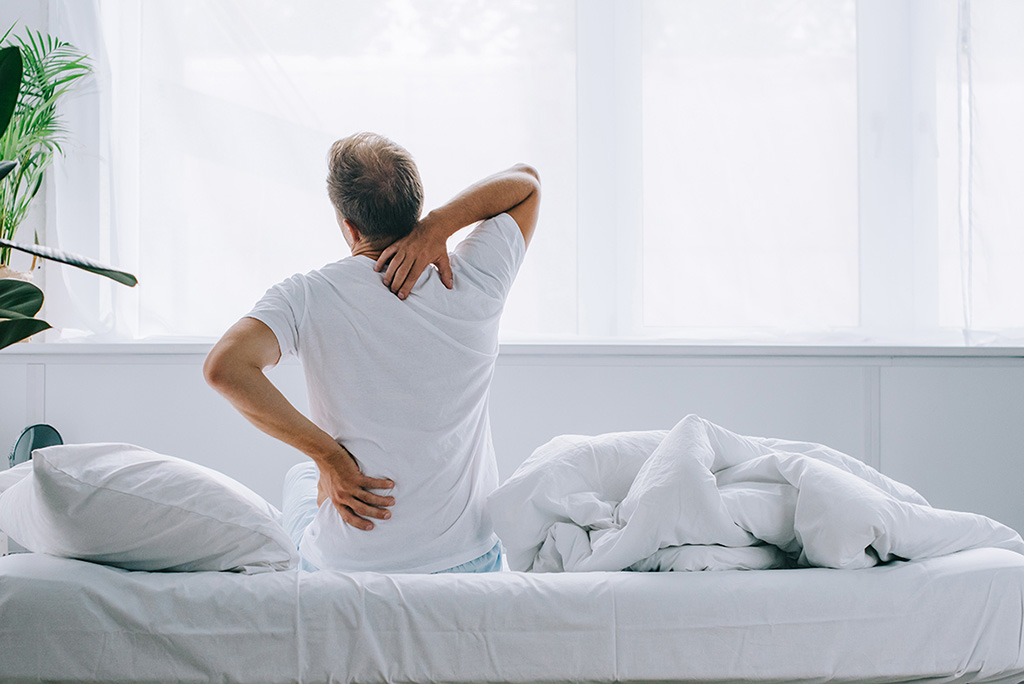Best Practices for Optimizing Sleep to Enhance Recovery
The complex relationship between sleep and the body's systems is crucial for maximizing human performance, as vital repair and maintenance processes occur during sleep, which are hindered by sleep deprivation. Quality sleep not only enhances athletic performance but also elevates mood and cognitive function, regulates blood sugar—which is key for weight management—fosters a healthy heart environment, bolsters the immune system, and aids in managing mental health challenges associated with stress (like depression and anxiety). Here are some best practices to optimize sleep for effective recovery.
1. Maintain a Consistent Sleep Schedule - Your body thrives on routine; going to bed and waking up at the same time each day boosts the release of calming hormones at night and stimulating hormones in the morning.
2. Sleep in a Dark Environment – Use sleep masks, curtains, and shades to cultivate an ideal sleep setting. Aim to sleep before midnight to align with natural light cycles.
3. Avoid Eating Right Before Bedtime - Eating or drinking too much can disrupt your ability to fall asleep and lead to interruptions due to restroom visits.
4. Lower Overall Stress Levels
a. Clear your mind by jotting down thoughts and ideas on paper to alleviate stress and anxiety.
b. Engage in relaxing activities like reading, meditation, stretching, or yoga.
c. Exercise Regularly – This not only alleviates stress but also enhances overall health and encourages restful sleep.
d. Keep Your Bedroom Free of Stress and Clutter by removing piles of mail, boxes, and clothes.
5. Limit Caffeine and Alcohol – Both substances can disrupt sleep. Ideally, avoid caffeine 8-9 hours before your planned bedtime.
6. Disconnect from Electronics 30 Minutes Before Sleep – Devices like smartphones, computers, and TVs emit blue light, which stimulates the brain and inhibits melatonin production, a hormone that regulates sleep. If you need to use digital devices before bed, consider using blue light filters to lessen the adverse effects.
7. Set an Alarm for Bedtime with a Buffer – This allows time for bedtime preparation and helps establish a consistent sleep routine.
8. Take a Bath or Shower – This can improve sleep quality and help regulate body temperature. Opt for warm/hot showers or baths one to two hours before bed to allow your body to cool down. Cold showers can be invigorating, so choose what suits you best for promoting better sleep.
9. Utilize White Noise – The masking properties of white noise can minimize disruptive sounds and distractions, providing a calming effect. Common sources of white noise include fans, humidifiers, air purifiers, white noise machines, and phone apps.
10. Keep Your Bedroom Cool for Better Sleep – A room temperature of 60 to 68 degrees Fahrenheit is generally ideal for sleep, though personal preferences may vary.
11. Get Fresh Air and Sunlight During the Day to Support Your Circadian Rhythm (your body’s internal clock).
By incorporating these strategies, you can enhance your sleep quality, which in turn will support your overall recovery and well-being.
‹ Back









